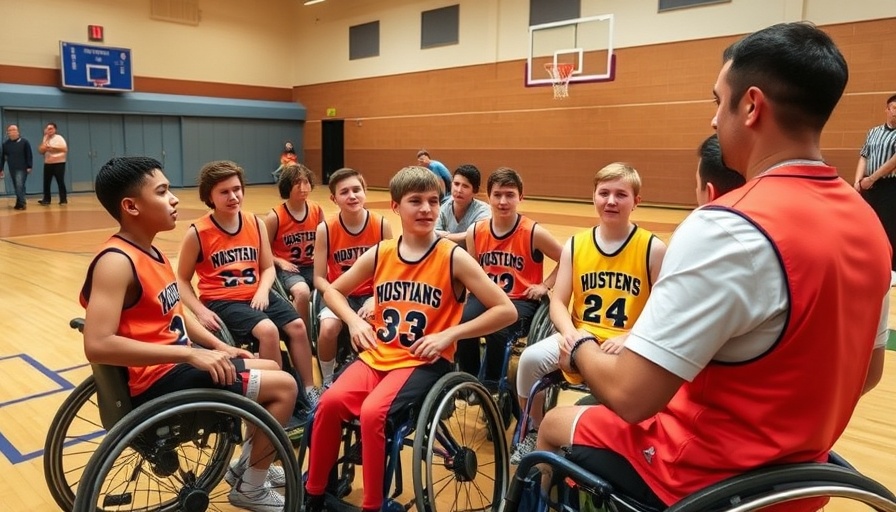
Understanding Resilience in Children
Resilience is more than just bouncing back from difficulty; it's about adapting, developing coping mechanisms, and creating support systems that help children thrive despite their challenges. For children with physical limitations, this trait is crucial, as it equips them to tackle obstacles that others might not even encounter. Encouraging play and educational activities that involve problem-solving can greatly enhance a child’s resilience. For instance, simply counting items while shopping or discussing pricing can make children more familiar with their environment, turning everyday tasks into resilience-building exercises.
Empowering Self-Advocacy
Self-advocacy focuses on helping children learn how to express their needs and seek support when necessary. It’s essential for them to understand their strengths while being aware of their limitations. Adults play a key role here by being transparent about their own challenges and triumphs. You can nurture this awareness by helping children articulate their needs—such as requesting needed accommodations at school or understanding the medical care they require. The goal here is to empower them so that they feel confident to stand up for themselves.
Promoting a Growth Mindset
Children benefit tremendously from viewing challenges as learning opportunities rather than insurmountable barriers. Parents can demonstrate this mindset by speaking positively about problems, illustrating that setbacks are integral to growth. Moreover, acknowledging both the positives and negatives helps in shaping a child’s emotional responses to various situations, making them more adaptable and resilient.
Building on Strengths
Conversations surrounding limitations often zero in on what children can’t do. Instead, it's beneficial to focus on their unique strengths and interests. Developing a “strengths map”—a visual representation of their abilities and supports—can serve as a daily reminder of their potential. This not only fosters resilience but also reinforces the idea that challenges are gateways to learning and growth.
Taking Practical Steps for Enhancement
Encouraging problem-solving behaviors from a young age is essential for children with physical limitations. Equip them with tools to tackle obstacles—be it through role-playing scenarios to practice asking for help or utilizing games that foster decision-making skills. Such endeavors contribute to a more resilient mindset, paving the path for self-advocacy as they grow.
Final Thoughts
Fostering resilience and self-advocacy in children with physical limitations requires purposeful action from caregivers and educators. By focusing on strengths, promoting a growth mindset, and encouraging effective communication, we can guide these children toward greater independence, confidence, and joy in their lives.
 Add Row
Add Row  Add
Add 




Write A Comment